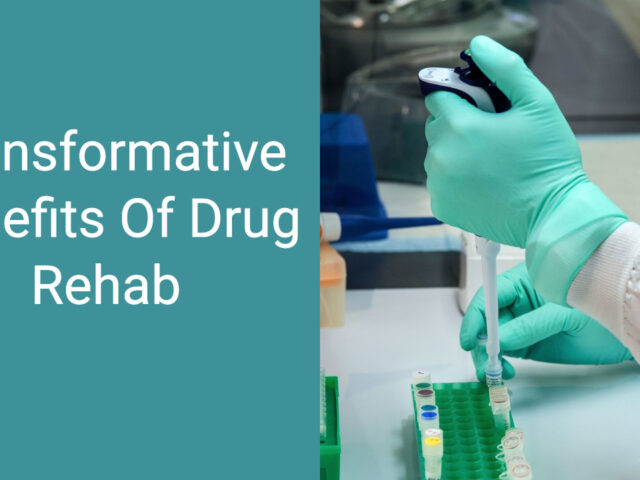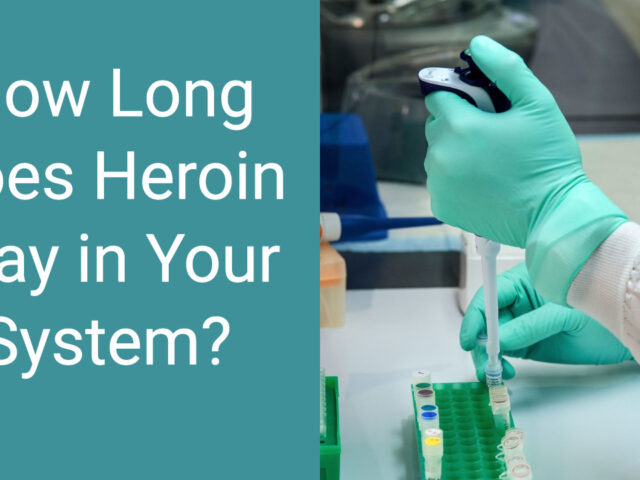We have had an opiate crisis in America for decades that has escalated in recent years. It is an epidemic now. Fentanyl has made it worse. As the drug continues to be produced and distributed illegally, addiction to Fentanyl is not only a growing but also a recognizable problem. Overdoses are almost as common as the addiction itself. So, let’s talk about it: What is Fentanyl and what are the Causes, Signs, and Symptoms of Fentanyl Addiction? And most importantly, where can help be found?
What Is Fentanyl?
Fentanyl is similar to morphine. But also, it is not unlike heroin. Medically, it’s a painkiller, which, like morphine, seems relatively harmless when used in moderation and issued properly by a physician. The problem is that it is highly addictive. Without going into too much detail about the chemistry of opiates, it is important to note that patients who legitimately max out on whatever painkillers they really do need will often get prescribed some form of Fentanyl. Pain management is not to be minimized here. However, the dangers of Fentanyl addiction are, indeed, meant to be maximized here.
Startling Fentanyl Statistics
In 2018 alone, nearly 70,000 Americans died of drug overdoses. Of these, nearly 30,000 are attributable to synthetic opioids including fentanyl. Though men tend to be more prone to fentanyl use and abuse, the rate of women with an addiction to opiates is on the rise. Unfortunately, even in spite of this, opiates including fentanyl continue to be prescribed to patients with varying levels of pain and varying levels of need of pain management.
Risk Factors for Fentanyl Addiction
There are many factors that are associated with the abuse and subsequent addiction to fentanyl. Though the cause of fentanyl addiction is not fully comprehended by even the best medical professionals, here are three different ingredients, often working together, to consider.
Genetic factors: There is strong evidence to suggest that individuals have a genetic predisposition to addiction, and fentanyl is no exception. In addition, when the necessity arises to be prescribed a painkiller of any kind, a genetic factor may be at work with having whatever condition necessitates said prescription.
Emotional or psychological trauma: Those who have experienced emotional or psychological trauma often have or even develop physical pain for which they seek treatment. Additionally, treating the physical pain with the use of fentanyl also gives relief of the affecting mental anguish.
Self-medication: In light of the emotional and psychological trauma factors, it is also important to note that relieving physical, emotional, or mental discomforts or even agonies thereof by means of fentanyl use can lead very rapidly into addiction. Even a short-term alleviation of a very real pain can lead to substance dependency.
Social pressure: There are those who live in areas where the use of the drug is a recreational or social activity. Even this kind of use can lead to abuse and addiction over extended periods of time.
Comorbidity of Disorders
It is important to note also that fentanyl addiction can coincide with a number of other mental illnesses, through no fault of the afflicted. The use and abuse of opioids can therefore exacerbate any of the following:
- Physical diseases or other medical conditions including forms of Hepatitis and HIV
- Post-traumatic Stress Disorder
- Anxiety
- Depression
- Bi-polar disorder
- Other substance use disorders
What Are The Signs of Fentanyl Addiction
It is safe to say that fentanyl use disorder shares symptoms with other opioid addictions. Some of those include:
Changes in mood:
- Fluctuation in mood i.e. elevation or depression
- Anxiousness
Changes in behavior:
- You or a loved one begins to take the drug in larger amounts that either prescribed or intended
- Trying to quit or cut down unsuccessfully
- Taking the drug causes problems professionally, personally, and interpersonally
- Egregious amounts of time spent obtaining fentanyl, “being high,” and even recuperating
- Cannot take care of responsibilities
- Ceases to care about people, activities, and obligations that were once important
- Gets into dangerous situations
- Degeneration of physical and/or psychological health
On degeneration of physical health:
- Extreme cravings
- Cravings increase because of increased tolerance; this is as a result of prolonged use
- Withdrawals – these can either be physical or psychological and even both
- Swollen extremities
- Digestion issues including constipation, nausea, and even vomiting
- Dizziness and fatigue; general lethargy
- Erratic heart rate
- Unconsciousness and even comatose states
- Death
On degeneration of psychological health:
- Being in a state of confusion
- Difficulty focusing or concentrating
Long-Term Effects and Fentanyl Withdrawal Symptoms
We’ve identified some of the long term effects of fentanyl use, abuse and addiction. From digestive and other physical problems, to social isolation and anxiety, to personality changes and the inability to manage one’s life, it’s no small feat to overcome. Furthermore, ceasing use without the help of medical professionals who understand detox has its own consequences. Withdrawal symptoms from fentanyl include:
- Sweating uncontrollably
- Chills
- Difficulty sleeping or insomnia
- Overly emotional
- Loss of rational thinking
- Extreme annoyance or discomposure
- Anxiety and/or nervousness
- Inability to focus
Addiction Treatment in Palm Springs
Please know that you or your loved one can get empowered to recover and live a fulfilled life. Contact California Behavioral Health for more information and to get started on a journey of overcoming the dangerous relationship with fentanyl and the ramifications of the abuse and addiction to it.










